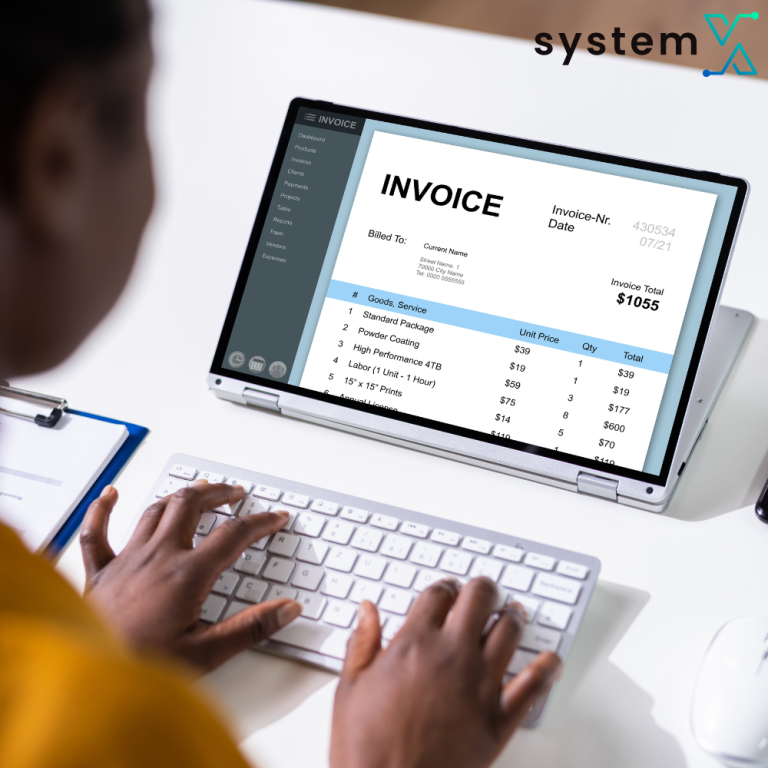Strategies for Client Retention You Need To Try

Strategies for Client Retention You Need To Try
Is your business experiencing a dip in sales and repeat customers? Are referrals drying up? Don't panic! These are red flags, but they also signal…...
Dive into SystemX’s blog – your hub for insightful discussions on consulting excellence, leveraging a unified business management platform, and mastering industry challenges.











